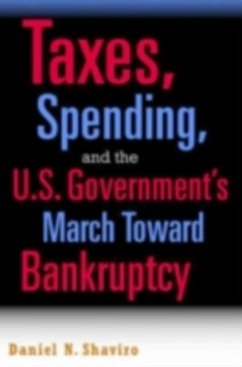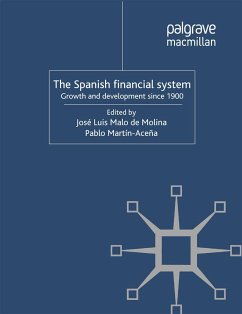The United States is moving toward a possible catastrophic fiscal collapse. The country may not get there, but the risk is unmistakable and growing. The 'fiscal language' of taxes, spending, and deficits has played a huge and under appreciated role in the decisions that have pushed the nation in this dangerous direction. Part of the problem is that by focusing only on the current year, deficits permit politicians to ignore what is looming down the road. The bigger problem lies in the belief, shared by people on the left and the right alike, that 'tax cuts' and 'spending cuts' lead to smaller government, when in fact the characterization of any new policy as a change in 'taxes' or in 'spending' is purely a matter of labeling. This book proposes a better fiscal language for US budgetary policy, rooted in economic fundamentals such as wealth distribution and resource allocation in lieu of 'taxes' and 'spending'.
Dieser Download kann aus rechtlichen Gründen nur mit Rechnungsadresse in A, B, BG, CY, CZ, D, DK, EW, E, FIN, F, GR, HR, H, IRL, I, LT, L, LR, M, NL, PL, P, R, S, SLO, SK ausgeliefert werden.









